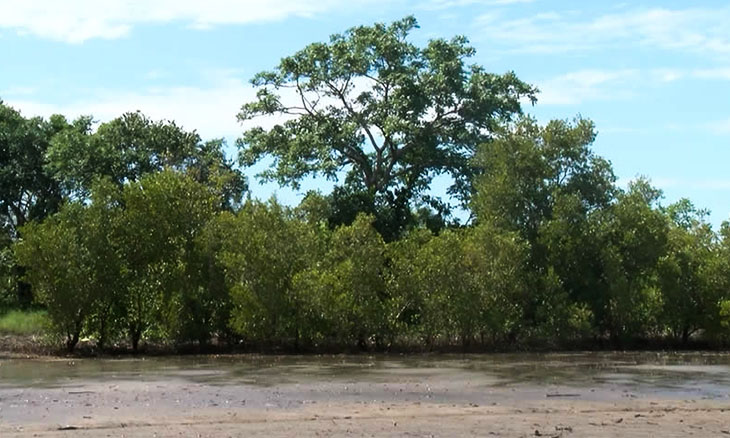Mozambique: Norway to support Gorongosa Park with €5.6M in new three-year agreement
Mozambique to restore 185,000 hectares of mangrove – AIM

File photo: O País
The Mozambican government and its partners plan to restore 185,000 hectares of mangrove forest in the central provinces of Sofala and Zambezia, as part of efforts under way and international commitments to sustainable management of eco-systems.
For that purpose, on Monday in Maputo the Mozambican Ministry of the Sea, Inland Waters and Fisheries (MIMAIP) and Blue Forest, a Dubai based non-profit organisation, set up to create sustainable environmental solutions, signed a Memorandum of Understanding (MoU), to boost the mangrove restoration.
The MoU was signed by the Ministry’s Permanent Secretary, Xavier Mujovo, and Blue Forest Chief Executive Officer, Vahid Fotuhi, under which nearly 100,000 trees will be planted as part of long term goals of the partnership.
Addressing reporters, Jorge Mafuca, Director of the National Fisheries Research Institute (INIP), said that the signing is the first step in a long term partnership that will fast-track the restoration of 185,000 hectares of mangrove in the two coastal provinces.
“This is the first step of a partnership with Blue Forest and will contribute to the attainment of 5,000 hectares planned until the end of the year,” Mafuca said, adding that up until now 3,200 hectares have already been restored across the country.
The partnership, Mafuca stressed, also envisages a wide range of activities such as environmental awareness within coastal societies as well as the creation of resilience alternatives. According to estimates, about two thirds of the Mozambican population lives along the coast and they depend on mangroves to build their houses, and for domestic fuel (charcoal and firewood) production.
Without disclosing the amount Blue Forest will disburse, he said that the government spent about nine million meticais (about 142,000 US dollars, at the current exchange rate) in 2021.
As for community resilience alternatives, Mafuca declared that they differ from one place to another because in certain places coastal communities have become mangrove honey producers, which is highly marketable and profitable.
Mafuca praised the outcome that has been achieved so far, as some communities have become gatekeepers and prevent others from logging in the restored areas.













Leave a Reply
Be the First to Comment!
You must be logged in to post a comment.
You must be logged in to post a comment.